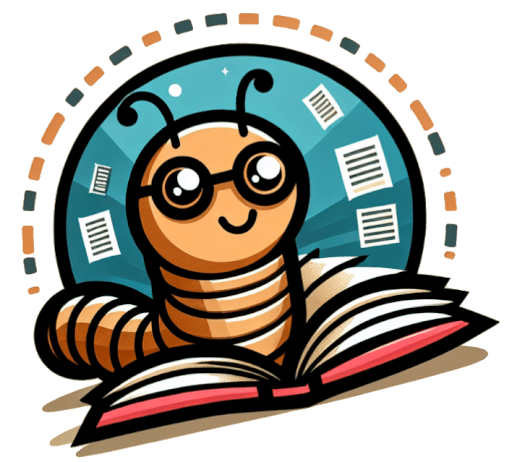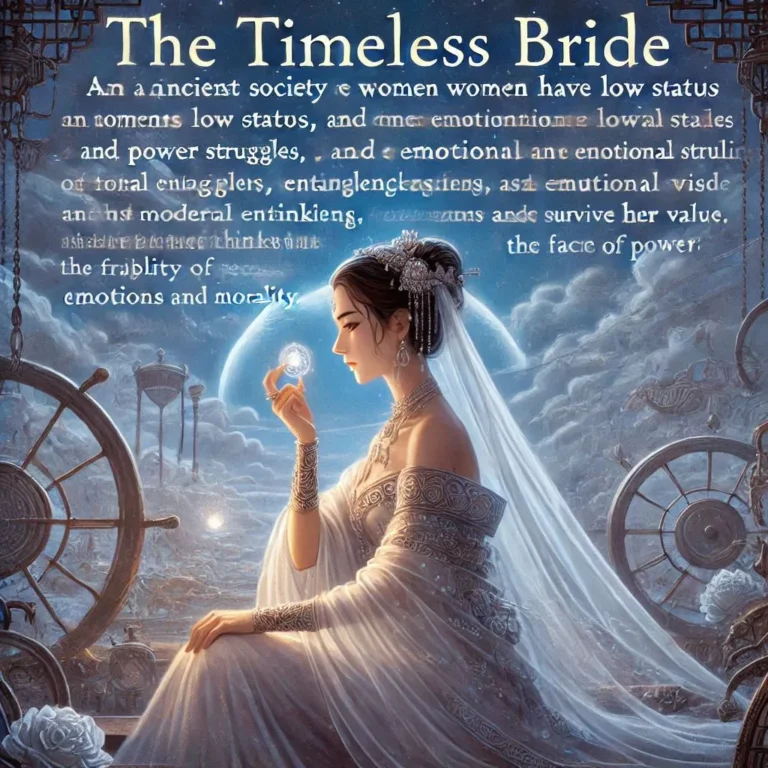For those familiar with Ping Nado’s diaries, news is nothing new. Having read so many diaries, starting with news seems to have become a pattern, a habit of the author, and one that readers are also accustomed to. Each piece of news covers different fields, but what remains consistent is that news always plays a crucial role in the diary, either as the catalyst for an event or as the event’s central focus. This time, it falls into the latter category; the news, like “The Return of the Iron Bull,” involves archaeology, but the story does not involve time travel.
Ping Nado’s diaries are known for his unique constitution that attracts supernatural events (as judged by Liang Yingwu). This time, after moving into the neighborhood where Xiang Shuizhen lives—Zhidan Garden—many strange things began to occur. First, there was a cat with flexible bones, which could survive being run over by a truck or falling from a building; then, there were cockroaches whose front and back halves could move independently; and fish that burrowed through sand. The mental health history of the beautiful neighbor upstairs, Su Ying, and the unusual reaction of Researcher Ruan Xiwen from the X Institution towards her views, make the existence of Haitian people even more mysterious… All these bizarre events, beyond human common sense, happened in Zhidan Garden and were all witnessed by Ping Nado. For ordinary people, having their conventional thought patterns shattered is quite uncomfortable, more so than being forcefully fed a complete new theory. The shock to both the protagonist and the readers is palpable.



